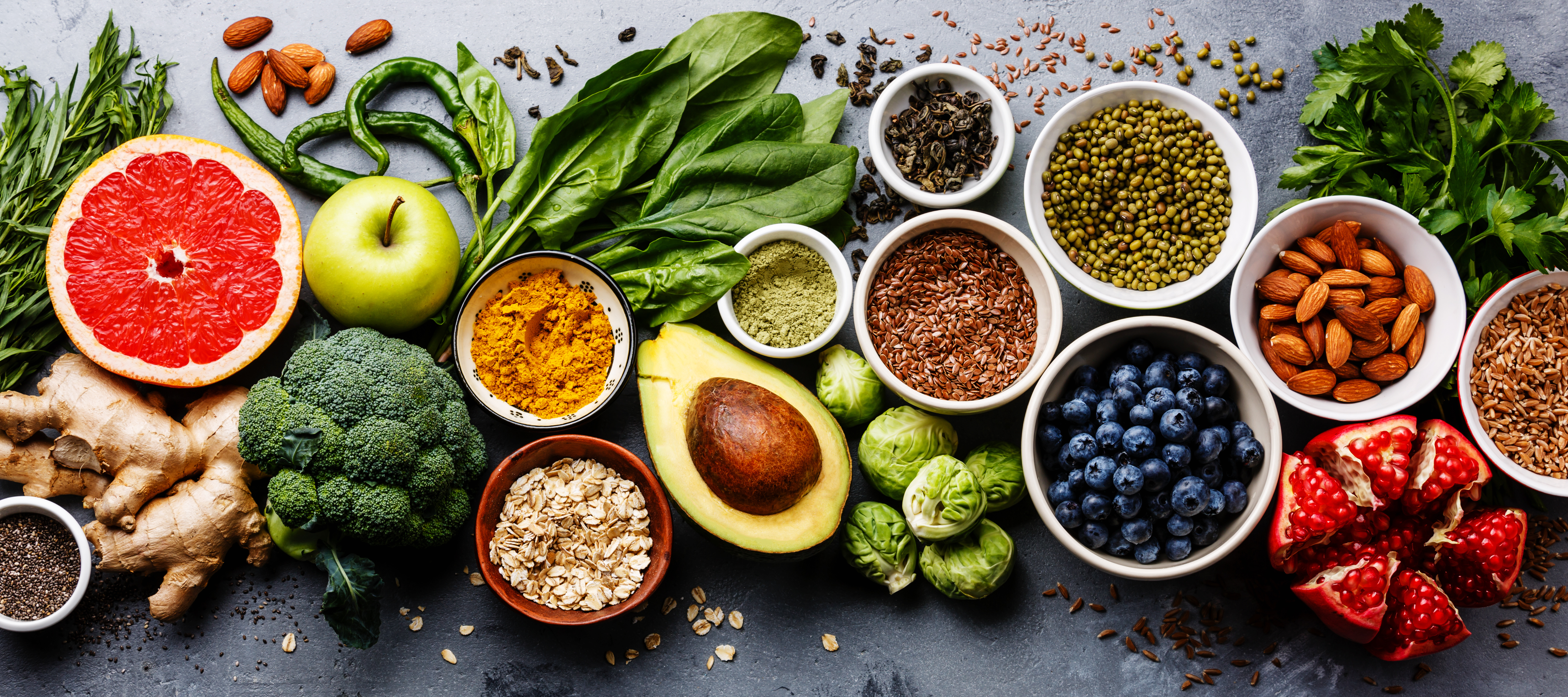Nutrition and tumors: a food handbook to prevent them

Publication date: 18-09-2023
Updated on: 18-09-2023
Topic: Nutrition
Estimated reading time: 1 min
Article Author
Eleonora OrioliMedical Editor
Roberto MeleMedical Editor
Andrea Pontara
Editor and Translator
Viktoryia LuhakovaPrevention? It can also be done through proper nutrition. In fact, a diet based on the recommendations of the World Cancer Research Fund, characterized by foods rich in vitamins, minerals, fiber and low in salt, fat, sugar and refined carbohydrates, is able to:
- promote good nutritional status;
- be protective against chronic degenerative diseases.
But what are the correct directions to follow to counteract the onset of diseases, and specifically cancers? We discuss this with Dr. Roberto Mele, a nutritionist and coordinator of the Biology of Nutrition area at IRCCS Ospedale San Raffaele, and Dr. Andrea Pontara, an internist and dietitian at the same hospital, both collaborators of the Cancer Center.
Preventing cancers with nutrition: recommendations
“The World Cancer Research Fund (WCRF) in 2018, with the American Institute for Cancer Research (AICR), published the 3rd report confirming the links between cancer, diet, physical activity, and weight,” Dr. Mele and Pontara explain. “A number of recommendations have emerged from the comprehensive analysis of research on lifestyle and cancer prevention.”
Here is the detailed guide and advice from specialists to follow it.
1. More fruits and vegetables
“Consume multiple servings of vegetables and fresh fruits of different colors on a daily basis, favoring those in season, and introduce small amounts of nuts into your diet.”
2. More whole grains and legumes
“Consume bread, pasta, rice and other grains regularly (preferably whole grains, which are rich in fiber) and increase consumption of both fresh and dried legumes, alternating them with animal protein sources.”
3. Drink plenty of water every day
“Always indulge the sense of thirst, indeed try to anticipate it, by drinking enough, averaging 1.5-2 liters of water a day (at least 6-8 glasses) even between meals.”
4. Fats: choosing ones and limiting the amount
“Moderate the amount of fats and oils you use for seasoning and cooking. In particular, try to limit the consumption of those of animal origin (butter, lard, etc.) and prefer the use of extra virgin olive oil; finally, use seasoning fats preferably raw” - continue the nutritionists.
“Eat fish and other seafood products, both fresh and frozen (at least 2-3 times a week), choosing homegrown blue fish. Among meats, prefer lean ones. You can consume 2-4 eggs per week, spread over several days.
Drink a cup of milk or yogurt every day, preferably choosing the part-skim one. Prefer leaner cheeses, in moderate amounts, best as a main course.”
5. Limit consumption of sugars, sweets and sugary drinks
“Limit the consumption of sweet foods and drinks in the day as much as possible.”
6. Reduce salt consumption
“Gradually reduce the use of salt both at the table and in the kitchen and limit the use of alternative salt-containing condiments (bouillon cube, ketchup, soy sauce, mustard, etc.) and the consumption of salt-rich processed foods (salty snacks, cold cuts, etc.).”
7. Alcoholic drinks as little as possible
“There is no such thing as health risk-free alcohol consumption.”
8. Limit consumption of preserved and processed foods as much as possible
“Limit as much as possible, or avoid if possible, the consumption of processed, treated and prepared foods with added chemical preservatives,” the experts conclude.
Nutrition in the cancer patient's care pathway
Nutritional care of the cancer patient is important, within the integrated care pathway, from the time of diagnosis and in subsequent stages, as it allows:
- to counteract malnutrition;
- to reduce the rate of medical complications;
- to improve tolerance to cancer treatments.
“Beware of false myths,” the specialists press, “in fact, there is not always scientific evidence behind some statements about nutrition in oncology.”